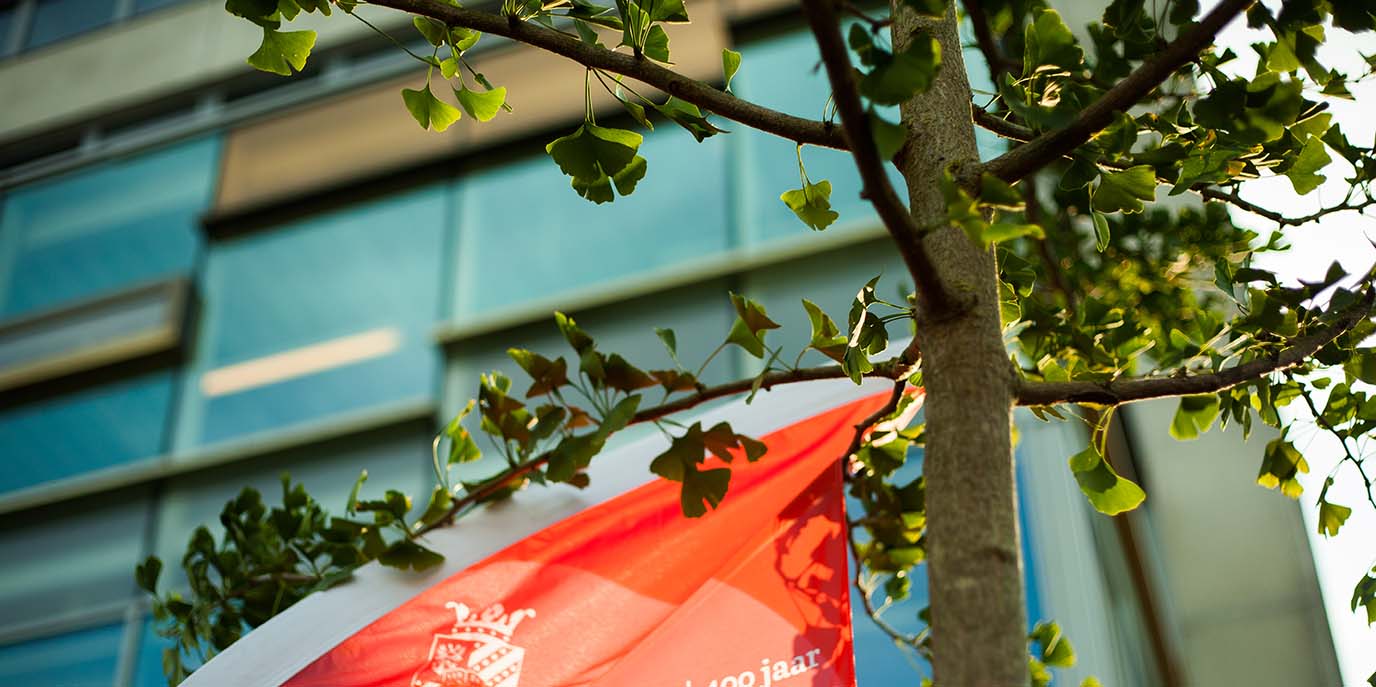An increasing number of businesses are faced with problems in society such as an increasing shortage in raw materials and higher energy prices. By the same token, consumers increasingly demand sustainable products which cause less waste and lower CO2 emissions. Slowly but surely, this demand by consumers is penetrating further into the supply chain and, sooner or later, every company will be confronted with the question how it should put arrangements in place for corporate social responsibility.
This means that the Dutch manufacturing industry is being faced with the challenge to develop sustainable products. A number of companies are doing this already, others are still at the threshold. They have one thing in common, though: they are struggling with the question how to put arrangements in place for sustainable product development. Many companies are more than willing to start, nevertheless, they cannot get this off the ground.
The research project Development of Sustainability Metrics, DoSyM (Ontwerp van Metrieken voor Duurzaamheid) aims to find answers to the question in what way companies can put flesh on the bones of sustainable product development. During three years, two scientific researchers and six manufacturing companies will focus their attention on the dissection of the concept of sustainability, making it quantifiable and embedding it in R&D projects. The fact that industry association FME-CWM and Vanenburg Software are participating in the project must ensure that the outcomes and the tools required are safeguarded and dispersed.
Alternatives for life cycle assessment
Traditionally, the environmental impact of a product was documented by conducting a life cycle assessment (LCA). This assessment not only involves analysing the product's design and manufacture, but also its use and the handling of the discarded product. Therefore, an LCA cannot be carried out before a product is put into use which, by definition, means that it is unfit for use in sustainable product development. Another reason for this is that a life cycle assessment is often based on assumptions which, as a matter of fact, are challenged in sustainable product development, for instance, the quantity of heavy metals which have been used or the amount of energy that is used. The aim of this research is to develop alternatives for the life cycle assessment with a view to sustainable product development. The research project comprises three phases:
-
assessment of problem areas and literature study.
-
development of new metrics and models.
-
safeguarding and dispersal of lessons learned and outcomes.
Among other things, the research aims to answer the question posed by companies which sustainability aspects they will be able to influence during product development. The next question will be whether the resulting product is still makeable and saleable. The reason for this question is that most businesses still find it very difficult to weigh up how far they can go with sustainability without jeopardising their company's profitability. On the other hand, there are examples of companies which have improved their profitability because of sustainability.


